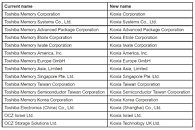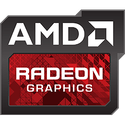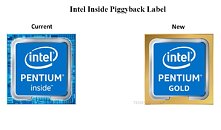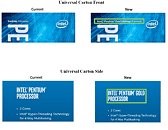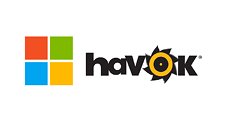
Leaker Claims that Samsung Will Stop Using "Exynos" Nomenclature, Next-gen 2 nm Mobile SoC Tipped for Rebrand
Over the past weekend Jukanlosreve declared via social media that Samsung's: "Exynos 2600 (mobile SoC) is definitely back, and it will be used in the Galaxy S26 series. But the chip volume is so limited that it'll likely be similar to the Exynos 990 situation. I'm not sure if SF2 is actually any good." Mid-way through March, the keen observer of semiconductor industry conditions posited that Samsung's Foundry business could abandon a 1.4 nm (SF1.4) process node. SF2 (aka 2 nm GAA) seems to be in a healthier place, according to insiders—thanks to rumored assistance from an external AI-specialist partner. The development of next-generation flagship Exynos smartphone processors are allegedly closely tied with Samsung Foundry's 2 nm GAA manufacturing process.
As alluded to by Jukanlosreve's recent prediction, the statuses of leaked 2 nm-based "Exynos 2600" and "Exynos 2500" chips were often questioned by industry watchdogs in the past. The latter is purportedly destined for rollout in forthcoming affordable "Galaxy Z Flip FE" models, albeit in mature 4 nm form. Vhsss_God—another source of inside track info—has weighed in on the topic of Samsung's next-gen chipset roadmap. Compared to Jukanlosreve's musings, their similarly-timed weekend projection seemed to be quite fanciful: "exclusive leak...Samsung doesn't want to use Exynos or Qualcomm Snapdragon chips anymore. S26 line is targeted to launch with the new Samsung developed chip (2 nm)—formerly referred to as Exynos 2600. (The company) will try its hardest to ditch Snapdragon on the entire Galaxy line next year." Perhaps there is too much of a negative stigma attached to Samsung's long-running chipset nomenclature, but the majority of foundry moles continue to label incoming designs as Exynos processors.
As alluded to by Jukanlosreve's recent prediction, the statuses of leaked 2 nm-based "Exynos 2600" and "Exynos 2500" chips were often questioned by industry watchdogs in the past. The latter is purportedly destined for rollout in forthcoming affordable "Galaxy Z Flip FE" models, albeit in mature 4 nm form. Vhsss_God—another source of inside track info—has weighed in on the topic of Samsung's next-gen chipset roadmap. Compared to Jukanlosreve's musings, their similarly-timed weekend projection seemed to be quite fanciful: "exclusive leak...Samsung doesn't want to use Exynos or Qualcomm Snapdragon chips anymore. S26 line is targeted to launch with the new Samsung developed chip (2 nm)—formerly referred to as Exynos 2600. (The company) will try its hardest to ditch Snapdragon on the entire Galaxy line next year." Perhaps there is too much of a negative stigma attached to Samsung's long-running chipset nomenclature, but the majority of foundry moles continue to label incoming designs as Exynos processors.
















